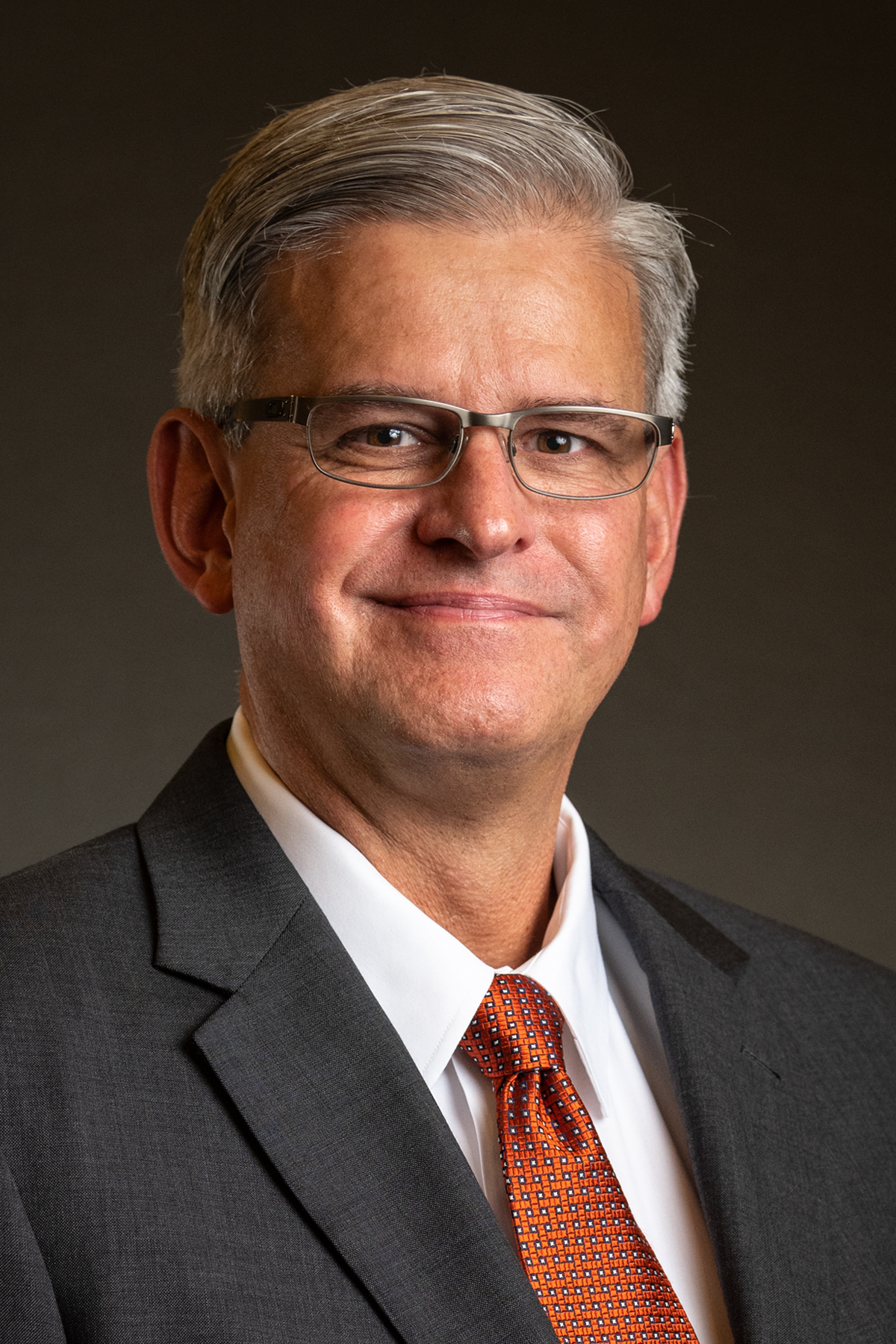
Chris Craft,
President and Chief,
1st Source Bank's Specialty Finance Group
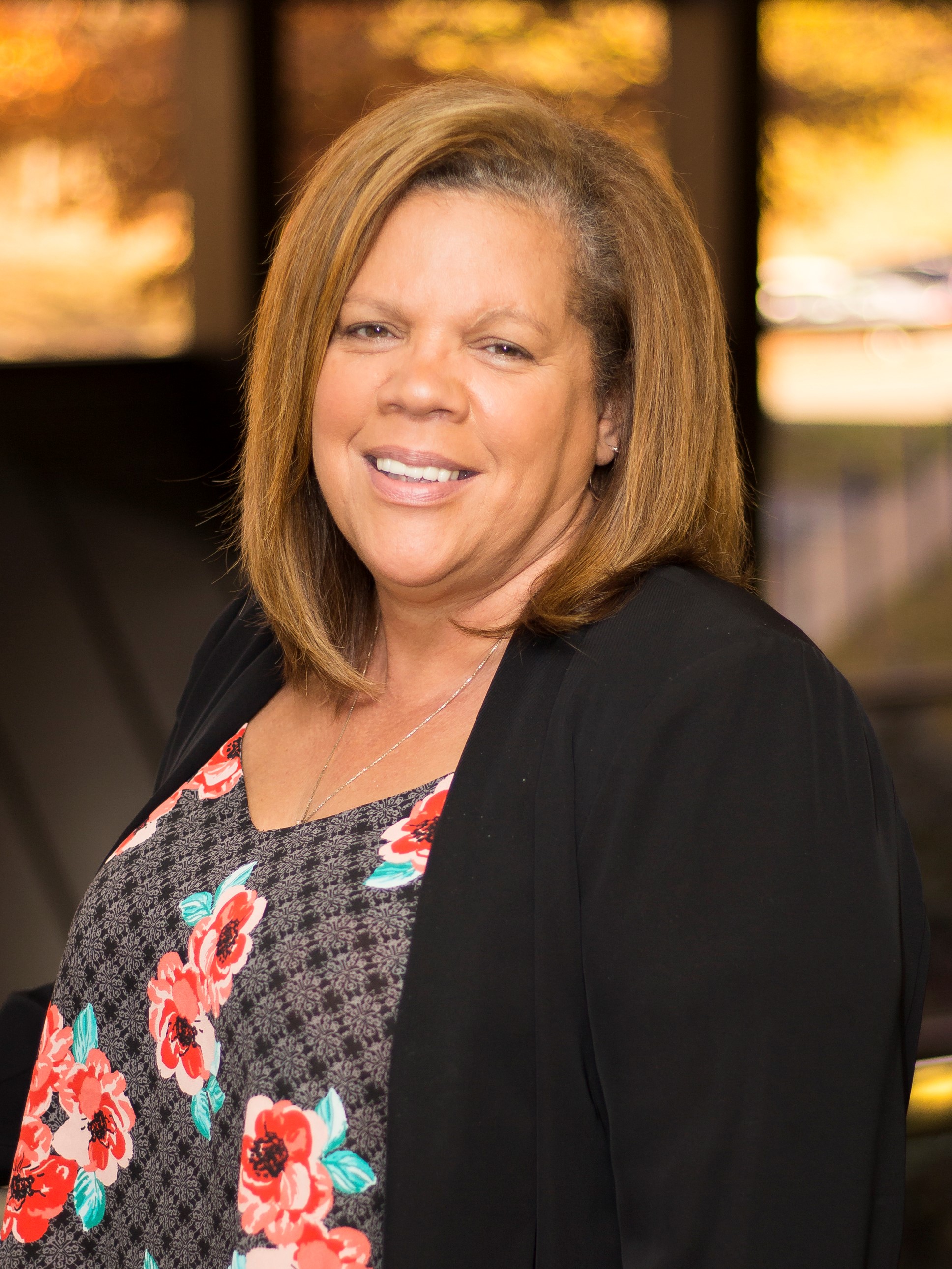
Carmen Delfi,
Senior Vice President, Operations,
EverBank
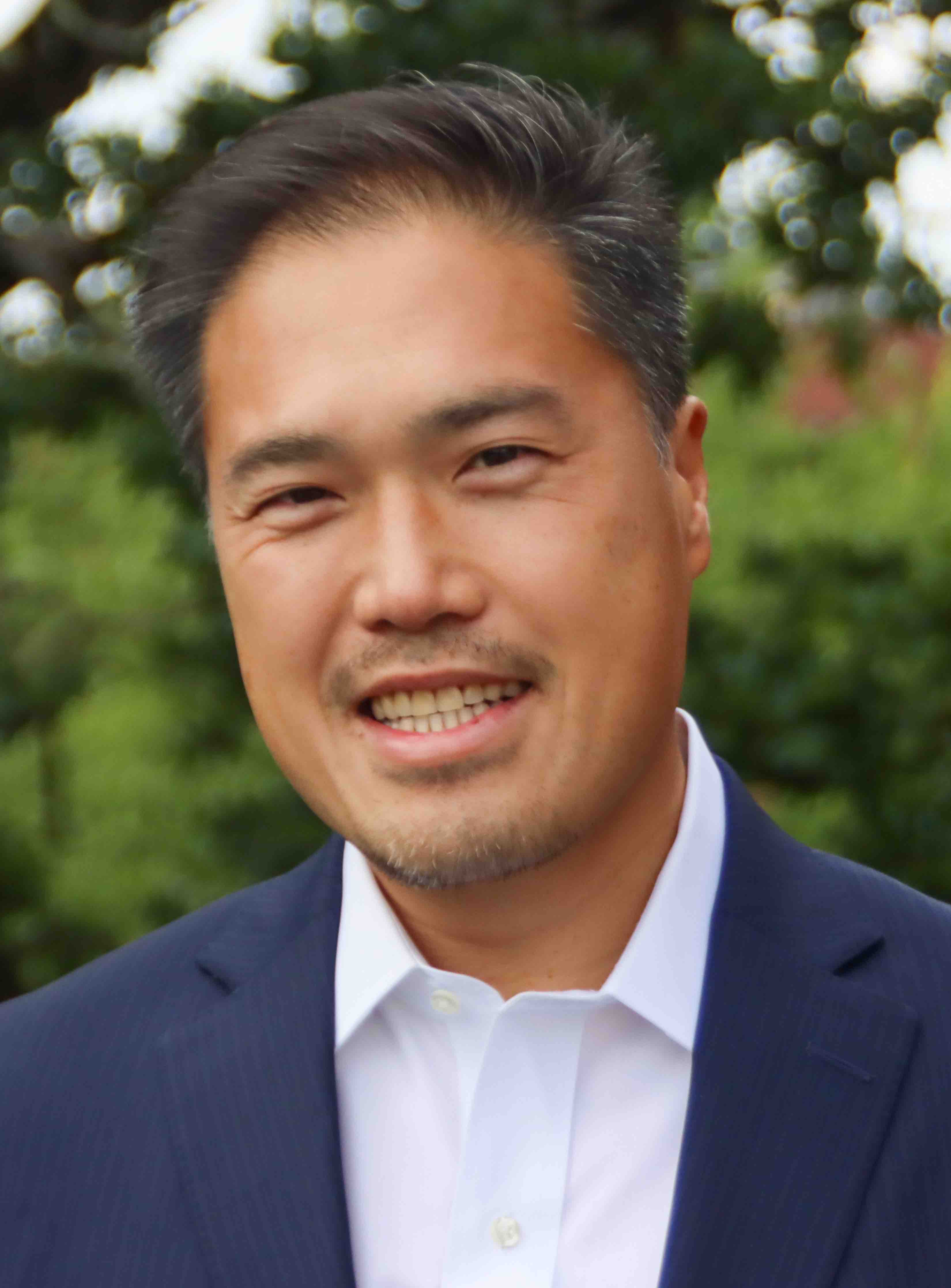
Kyin Lok,
CEO,
Dext Capital
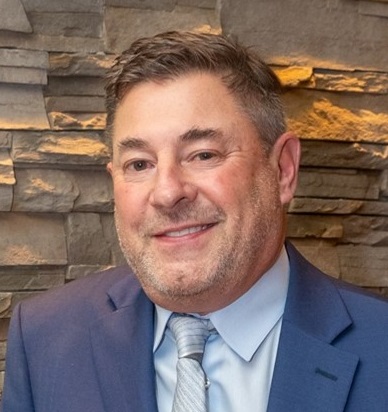
Brian Noble,
Founder and CEO,
Asset Compliance Solutions
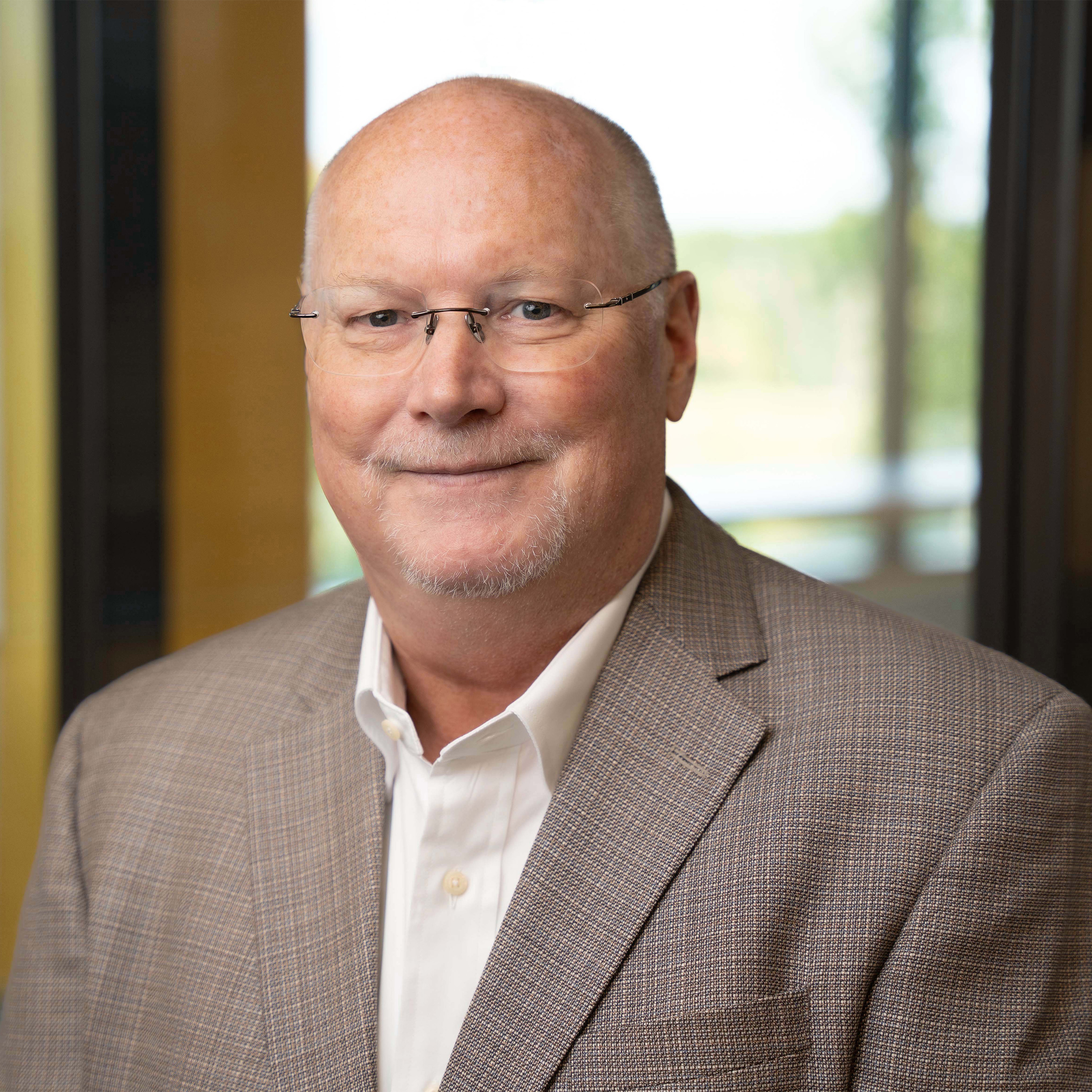
Brad Peterson,
CEO,
Channel
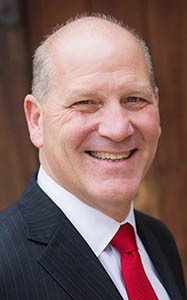
Kirk Phillips,
President and CEO,
Wintrust Commercial Finance
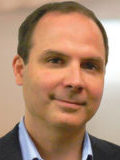
Justin Tabone,
Senior Vice President, Originations,
EverBank
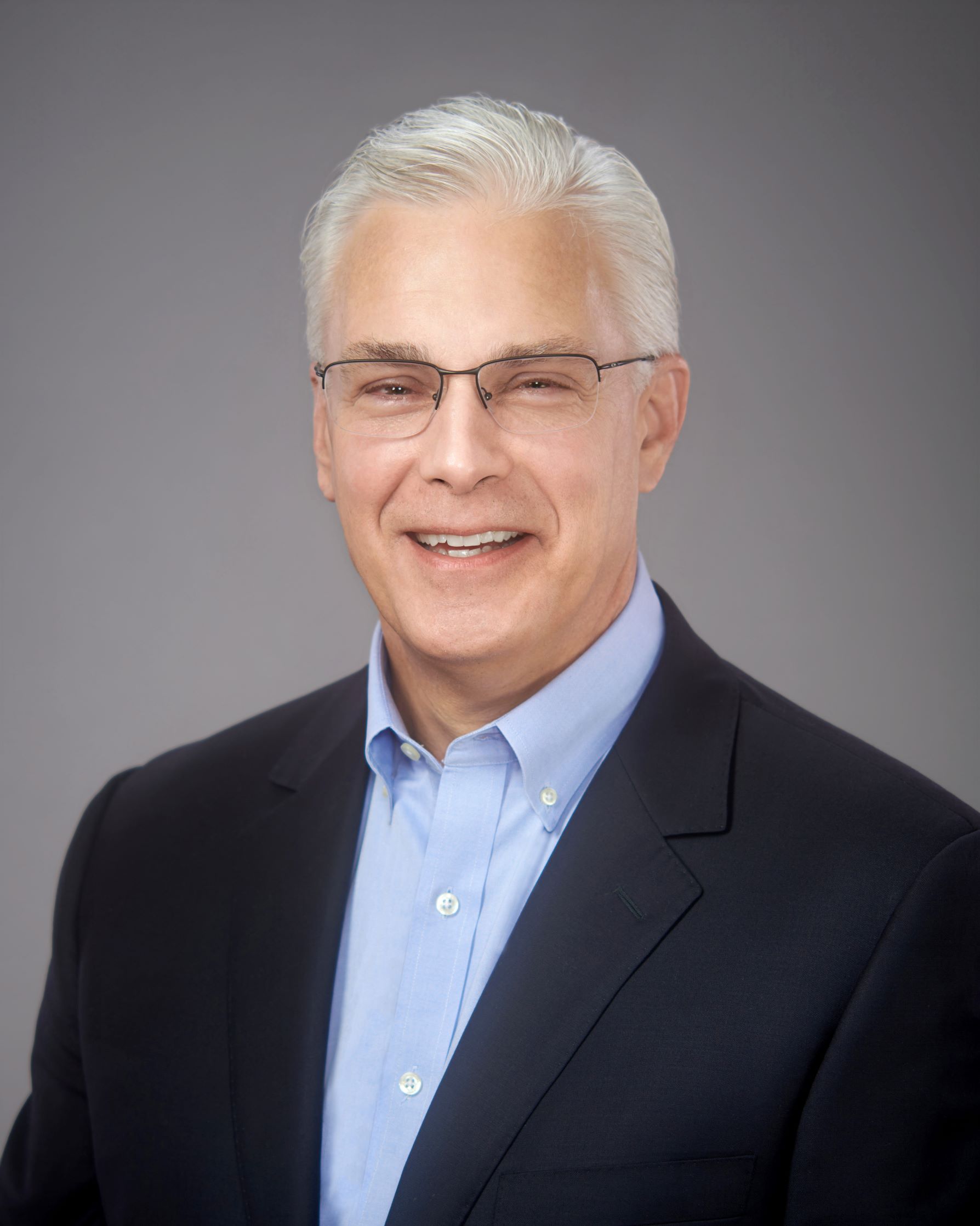
Mike Zambetti,
Senior Vice President, Senior Credit Officer,
EverBank
Great leaders never stop learning. They develop and nurture both hard and soft skills, from deep knowledge of their company and industry to emotional intelligence, to inspire confidence in their teams and move them to action that then lead to success. The leaders of Monitor’s Best Companies in the leadership category practice learning from others and serving their people to be truly successful.
WHAT ARE SOME QUALITIES YOU BELIEVE A GREAT LEADER SHOULD EXEMPLIFY?
JUSTIN TABONE: A strong leader understands the key responsibilities of each team member and aligns their responsibilities with their unique strengths to ensure they make meaningful contributions to the success of an organization. Continuous engagement with each team member ensures they know the value of their specific roles and how their contributions are measured. It is critical that a leader ensure each member of the team knows they’re being heard and that their input is valued and significantly contributes to the overall decision-making process.
CHRIS CRAFT: It all starts with a solid foundation of high integrity, character, honesty and trustworthiness. Much leadership credibility and influence springs from this critical foundation. Since the first person you lead is yourself, the next cluster of qualities include self-discipline and self-awareness. Growing emotional intelligence enhances the effectiveness of active listening, empathy and relationship building, which in turn creates the connections to foster growth and inspiration. I have found that great leaders do what they say they will do; they “walk their talk!” Great leaders are also continuous learners, so they can add even greater value to those they serve.
IN YOUR OPINION, WHAT ARE THE HALLMARKS OF EFFECTIVE LEADERSHIP?
BRAD PETERSON: The hallmarks of effective leadership center around a deep understanding of the industry, marketplace dynamics and the evolving needs of our partners and their customers. It’s about creating an environment where success is not individual but shared across the board to ensure everyone can participate. Selfless, empathic leaders who focus on engaging within the industry, our company, with team members and customers, are fundamental.
KIRK PHILLIPS: Effective leaders deliver organizational results that represent the collective effort of the team as a whole. As leaders, we are tasked with delivering results to our stakeholders—owners, clients, etc., and there are very few organizations where an individual leader can do this alone. Being an effective leader means meeting each individual where they are and equipping and empowering them to do their best. Effective leaders clear away obstacles and create opportunities for individuals to succeed at their tasks. When they do that, then everyone benefits.
WHAT HAVE YOU DONE, AND WHAT DO YOU CONTINUE TO DO, TO DEVELOP YOUR LEADERSHIP SKILLS?
CRAFT: From early in my career, I committed to an ongoing study of leadership through books, articles, keynotes and lectures, a practice that I continue to this day. Through my educational and professional training, I give extra attention to the leadership elements of my studies and actively seek specific leadership training opportunities. Throughout my career, I’ve carefully observed leaders, looking for indicators of what to do and what not to do. I also strongly believe in giving back by reinvesting in our equipment finance industry through the sponsorship and/or participation in leadership speaking engagements, speaking to STRIPES Leadership Program classes and on college campuses while providing leadership mentoring to early and mid-career team members.
PHILLIPS: To me, listening and learning are the two continuing themes in any management and leadership development course. Watch what other effective leaders do and emulate that. Over my career, and even before my professional career began, I was involved in any number of leadership development courses through scouting, church youth leadership, college organizations and then ongoing professional development activities. All of these can help you continue to develop your skills, but at the end of the day, you have to make the decisions on how you are going to lead your team. Do not be afraid to try something new. Not everything works; you will make mistakes. Learning from your mistakes is one of the best ways to increase your effectiveness.
HOW WOULD YOU DESCRIBE YOUR LEADERSHIP STYLE? HOW DOES THIS STYLE OF LEADERSHIP SHOW UP FOR YOURSELF, YOUR COMPANY AND YOUR TEAM?
PETERSON: My leadership style is defined by active participation and a commitment to building meaningful relationships. Joining the UAEL board years ago was pivotal, creating a leadership network that underscored the importance of industry involvement for impact. This style of leadership is reflected in my consistent presence, whether through association memberships, committee engagements or board participations. Our team is expansively involved in the industry, participating on ELFA committees for small business and marketing, the ELFF Board of Directors, several NEFA Board members including past presidents, conference planning committees, CLFP regional teams, participants in STRIPES and so much more. These engagements contribute to the relationships our team develops, reflecting a leadership style that resonates personally, within our organization and across the broader industry.
BRIAN NOBLE: Centuries ago, a wise person said that “if we treated people the way they ought to be, we help them become what they’re capable of becoming.” We believe in that philosophy and we treat our people accordingly – with respect, support, motivation and coaching. We hire the right people, and then get out of their way.
WHAT ARE YOUR METHODS FOR DEVELOPING OTHER LEADERS IN YOUR COMPANY?
KYIN LOK: We emphasize the identification of individuals that are highly engaged, embrace Dext Capital values, are eager to assume leadership roles and make a positive impact. Alongside this, we incorporate regular collaboration meetings, creating a platform for open discussions on strategic direction and other meaningful topics. My role often involves offering support and guidance, rather than leading from the front. This approach not only allows emerging leaders to gain hands-on experience but also encourages a culture of growth and learning from our mistakes.
CRAFT: For aspiring leaders, we make formal development plans that incorporate numerous continuing education and leadership course options. We are particularly excited about STRIPES Leadership Program as a critical piece of our SFG leadership development plans. Our SFG leaders invest in a significant amount of on-the-job leadership mentoring, often discussing real world leadership situations in addition to sharing books, articles, lectures etc., with the intent of helping aspiring leaders grow. We strongly believe that leaders can successfully grow and develop over time through these intentional practices.
“The hallmarks of effective leadership center around a deep understanding of the industry, marketplace dynamics and the evolving needs of our partners and their customers. It’s about creating an environment where success is not individual but shared across the board to ensure everyone can participate.” ~Brad Peterson
WHAT ADVICE HAVE YOU RECEIVED FROM OTHER LEADERS THROUGHOUT YOUR CAREER?
MIKE ZAMBETTI: Look at the issue at the center of the conflict and assess it as if you were the CEO of the bank. Resolve it by doing what is best for the Bank, which centers on serving its customers and prudent risk management so we are an institution our customers can depend on being there. We regularly see issues pop up during the closing process, and while we have policy and procedures to guide us, I start with what is the best decision for the long-term success of the bank, which is centered on serving our customers well.
LOK: Throughout my career, I’ve learned from other leaders the importance of empathy—understanding others’ perspectives and motivations. Setting high standards is crucial, as it drives excellence and shows belief in the team’s capabilities. Equally important is developing team members, fostering their growth for overall team strength. Lastly, recognizing that people have the option to ‘select out’ reminds me to create an engaging, respectful work environment that encourages them to stay and contribute their best.
WHAT ADVICE WOULD YOU PERSONALLY GIVE TO FUTURE LEADERS IN THIS INDUSTRY?
CARMEN DELFI: The first thing you must do is listen and understand each point of view clearly. In most cases, every perspective will have a common theme or goal and, to be successful, one must ensure there is alignment which creates an environment that is collaborative. It’s also imperative leaders foster open and honest communication across the team – this means discussing challenges and effective ways to work through those that are beneficial to the business. I’ve found it’s best not to try to solve things on my own, but to come to a consensus which further builds trust. Lastly, it’s crucial to celebrate small victories and milestones along the way, in order to create momentum and strengthen the bond across the team.
NOBLE: Have a bias for action and no tolerance for laziness. Take good care of your people, and they’ll take care of making sure your clients become fans. Focus on the problems your clients have and find new and better ways to solve them. Also, keep learning and don’t ever rest on your laurels. No matter how good business gets or how well you’re doing, keep your eyes and ears open. Listen to your customers and never assume you’ve got all the answers.
PHILLIPS: Do not be afraid to fail. Not everything is going to go the way you want or expect, but in order to grow both personally and professionally, you have to take the next step. Study effective leaders and learn from ineffective ones! Our founder and CEO of Wintrust Financial Corp, Ed Wehmer, summed it up nicely when he said: “Get in the game, avoid the shame, take the blame and share the fame!” •
No categories available
No tags available